Schools Selling Out: Free Gatorade for Students
Oct 26, 2012, Updated Aug 12, 2016
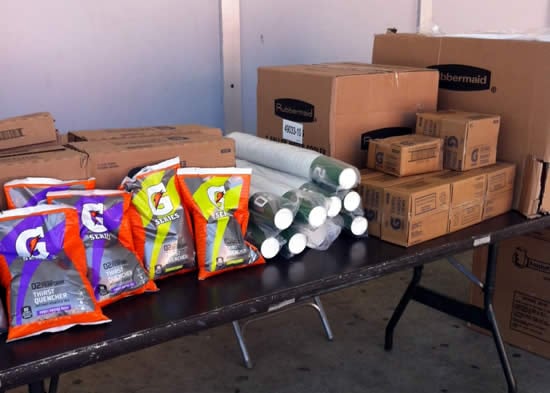
My husband wishes I would learn to stay quiet…at least until I get tenure at my high school teaching job.
See, I have a tendency to rock the boat about issues that I am passionate about (remember the pie-eating-contest-fiasco from a few years ago?). This time around, I had a hard time keeping my trap shut when I heard that Gatorade reps would be on our high school campus handing out free samples to our students during G-week.
When I tried to find out how this came to pass, I got the run-around, with several people shunting the responsibility to others. One coach finally admitted that Gatorade called to offer free “nutrition classes” for our athletes.
I was suspicious. Gatorade offering nutrition classes? I would no sooner take a class on healthy eating from McDonald’s. But I had some students do some investigating so that we could learn what these classes would entail. When a student called Gatorade on my behalf, they said that they do not offer any such classes, and that “it might be something special that your sales rep came up with on his own.” Clever guy. It’s hard to imagine that his sales wouldn’t increase after he shares his products on a campus teeming with over 1,000 thirsty students. Needless to say, no nutrition workshop or teaching was offered…unless you call advertising “teaching.” Students were, however, encouraged to drink the pre-game formula, the during-the-game-formula AND the replenisher after the game is over. Woah – 3x the buying power. And I thought ONE product is all we needed. I’ll say it again – clever guy.
When one student asked me “what I have against Gatorade,” I told him that we have a California state education code that is intended to protect students and to ensure that they are not offered “non-nutritious” items at school. The majority of the samples being served exceeded the legal limits on sugar, sodium and/or potassium.
Never one to shy away from a teachable moment, we talked about artificial colors and sweeteners and the benefits of eating food that grows on plants, and not foods made in plants (thanks, Michael Pollan!). There is now a joke in class about my enthusiasm for coconut water, a natural source of electrolytes, as opposed to the colorful chemical concoctions that were being handed out on campus. When I asked a colleague who runs marathons about her favorite sports drink, she agreed that coconut water was ideal because it was “real” and helped her to recover quickly after a long workout.
Their presence on campus also raises ethical issues about where to draw the line between business and education. I understand that the athletic department needs funding for equipment, transportation, coaches etc. However, they should not be selling out or trying to get sponsorships from companies that don’t comply with the law. Students and athletes require exemplary nutrition – and chemically formulated compounds hardly qualify.
What’s really going on?
Every 4 grams of sugar in your beverages = 1 teaspoon. We are an educational institution first and foremost. If we allow sugary beverages to be handed out on campus, it looks like we endorse the consumption of beverages that contain up to 10 spoonfuls of sugar. But heck – elite athletes claim that sports drinks have hydration benefits, so it must be true, right? Gatorade has its own institute to conduct and publish research and to educate sports health professionals and athletes on sports nutrition and exercise science. “Perhaps one of Gatorade Sports Science Institute’s greatest successes was to undermine the idea that the body has a perfectly good homeostatic mechanism for detecting and responding to dehydration—thirst.” It’s no wonder that an analysis by Yale University’s Rudd Center for Food Policy and Obesity found that over a quarter of American parents believe that sports drinks are healthy for children. Too bad they aren’t taking my biology class!
People have been so brainwashed by marketing campaigns about what they “need“ that they may ignore what their bodies REQUIRE from a nutritional standpoint. Younger children have more body surface area than adults, and so they can become more easily dehydrated during an equivalent workout. Need a rule of thumb?
Try this: Salt replenishment may be necessary for younger children after a 60 minute-long strenuous workout, and for adults after 90 minutes. Don’t be fooled into thinking you need to drink your sodium!
Nancy Clark, a registered dietitian who specializes in sports nutrition suggests that athletes eat a handful of whole grain salted pretzels or crackers, eat some orange slices, and drink plenty of water to stay hydrated and replace salts and water lost through sweat.
When I told my friend Susannah, a nutritionist and school-lunch-reform colleague, about G-week, she rolled her eyes. Like me, she promotes nutrition from real food. She says, “athletes are the ONLY ones who MAY benefit from drinking sports drinks, and even then, it’s not the best way to hydrate and replenish electrolytes.” She also turned me on to this interesting article, The Truth about Sports Drinks, which I highly recommend.
Thankfully, this story has a happy ending: I invited Miguel Villareal, our food service director, to campus to take a gander at G-week. He met with our principal, and after discussing the state education code and what is best for our students, they agreed that Gatorade would not be welcomed back on campus.
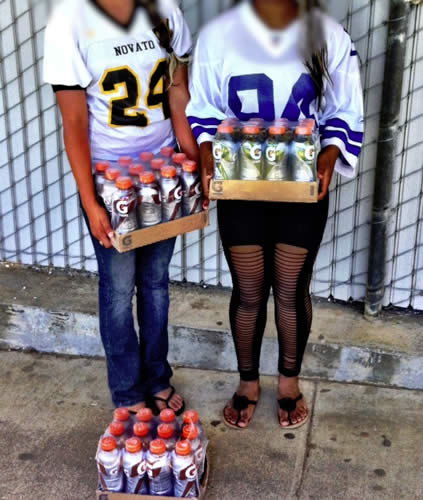
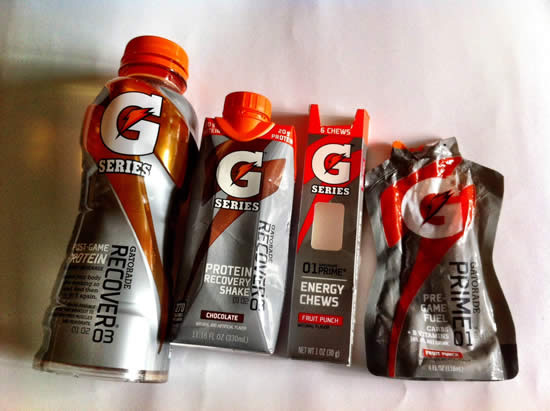

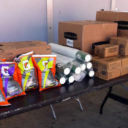
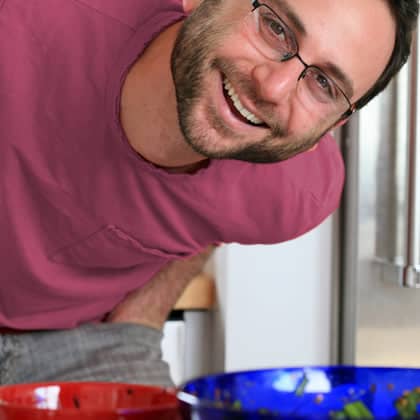

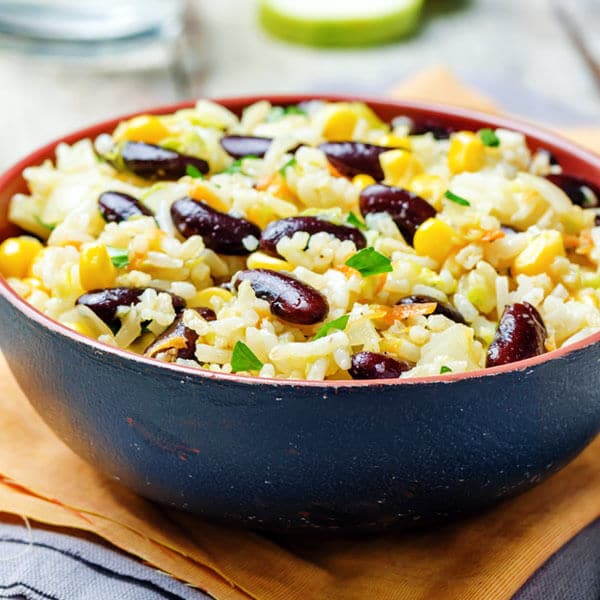
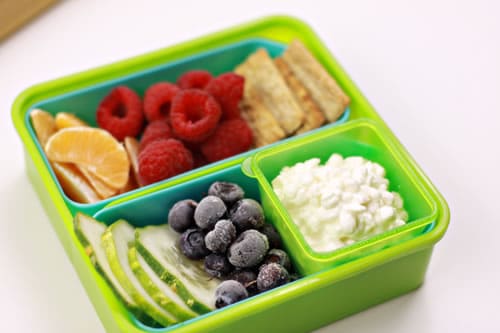
















Way to go! I’ve had similar situations with students when they ask if I drink pop or sports drinks and then tell them no. They are in complete shock and ask why…great opening to explain. I am so glad that you have accomplished this on a much larger scale.
I NEVER have kept soda or sports drinks in our house. The first time my kids asked for Gatorade I read the label and saw how much sugar was in it. Nope not for my kids.